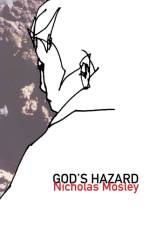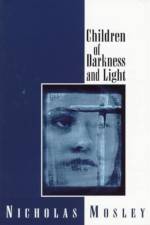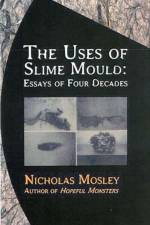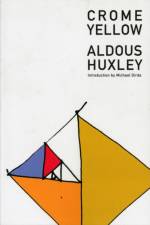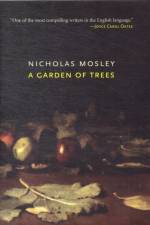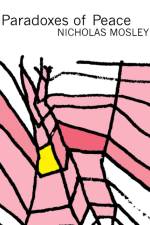av Alex Kovacs
231
The tenth child of a fantasist mother and an absent millionaire, Matty Crickholme is growinginto a sexually bewildered, neurotic young man. Through the collected paraphernalia of anunconventional childhood, Alex Kovacs creates a quirky, kaleidoscopic rumination on family andhow it shapes us—for better or worse.Sexology follows the strange, wonderful, fluxional world of the Crickholmes, wherenonconformism is celebrated, siblings form autonomous republics, and eccentricity reignssupreme. The Crickholme siblings youthful exploits take them on myriad paths: a hermeticpsychic, a dog trainer, an ice cream purveyoress, a missing person. Between memories,factoids, letters, and old photographs, Matty investigates how their offbeat rearing made themthe adults they became, and how fantasy and convention collide.Alex Kovacs’s writings have received acclaim for their invention, wit, and astute observations ofour absurd world. Sexology brings this intellectual playfulness to the story of the Crickholmeswith a unique prose that evokes the complex emotional landscapes of W.G. Sebald’s novels andthe sometimes-gentle, sometimes-devastating style of Susanna Clarke. The result is anentrancing, incomparable medley.

